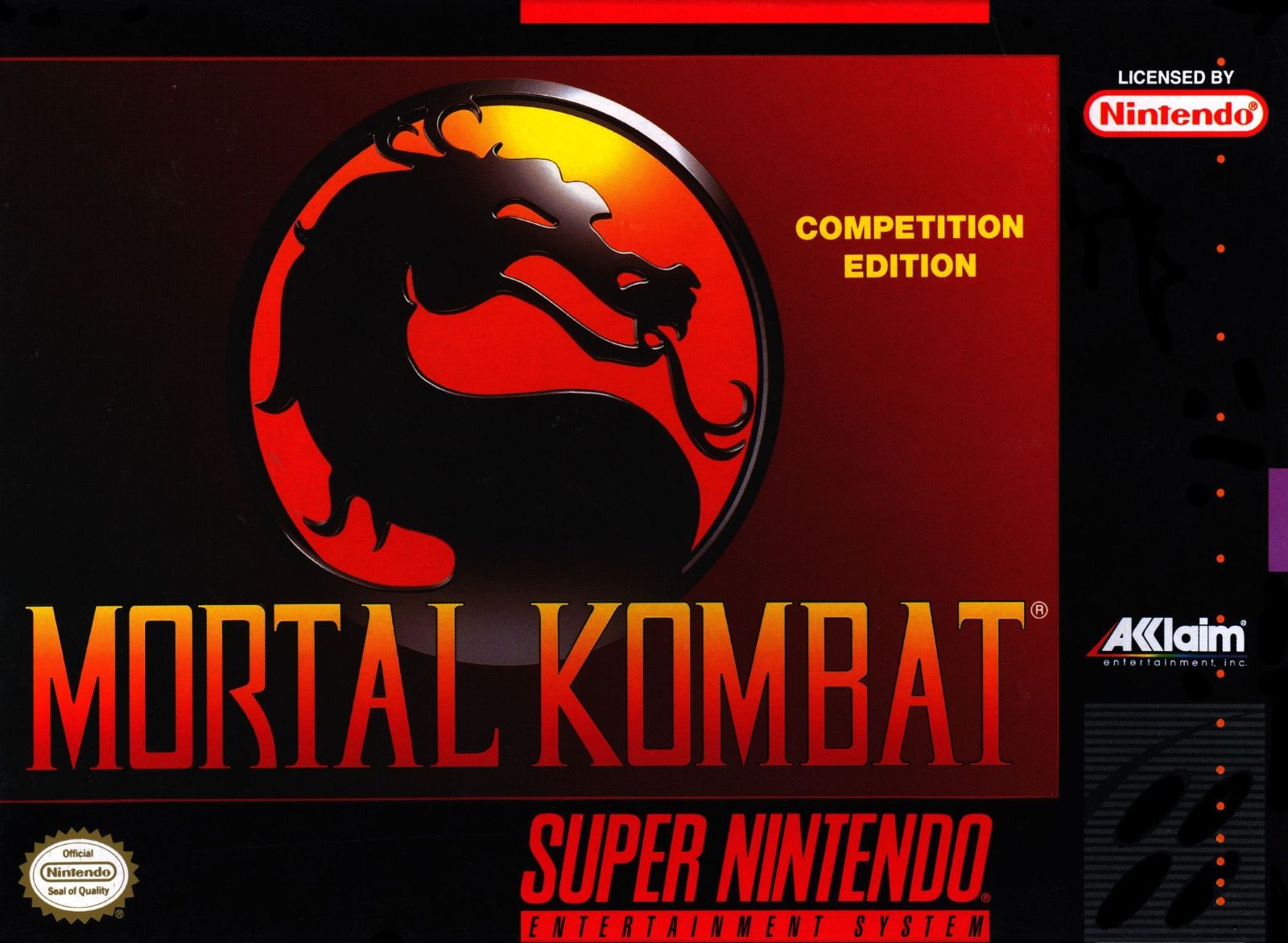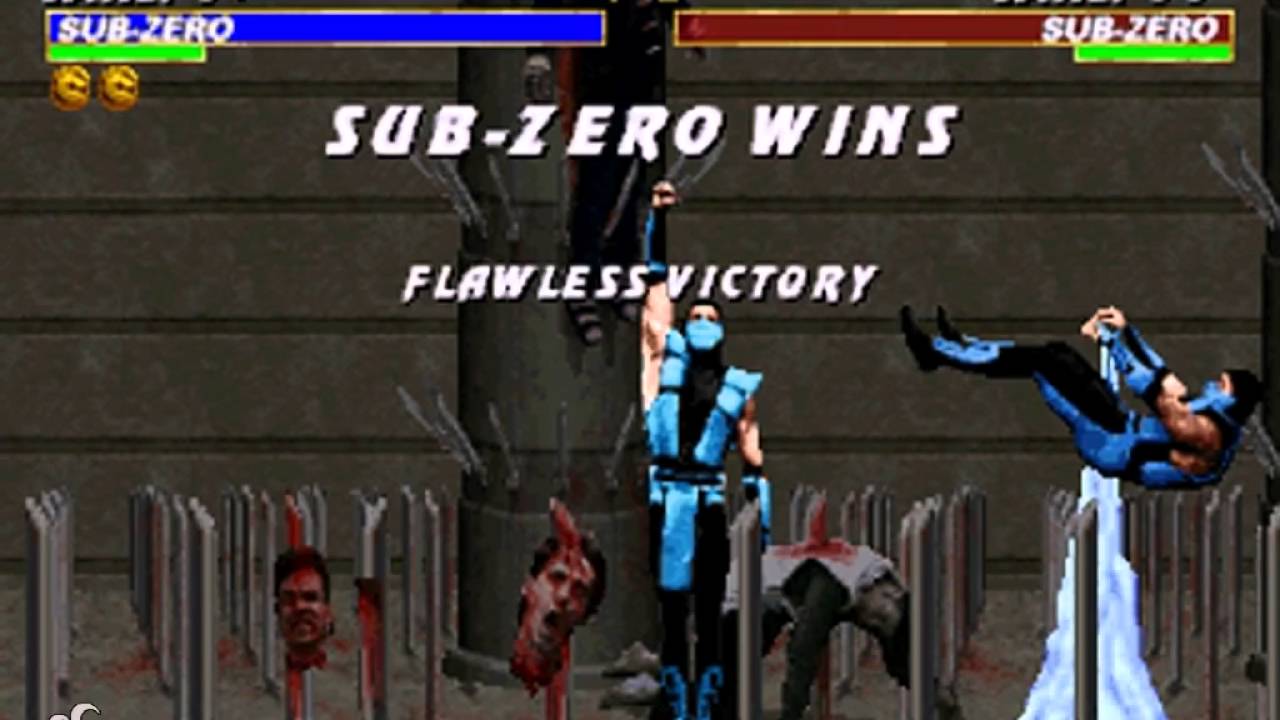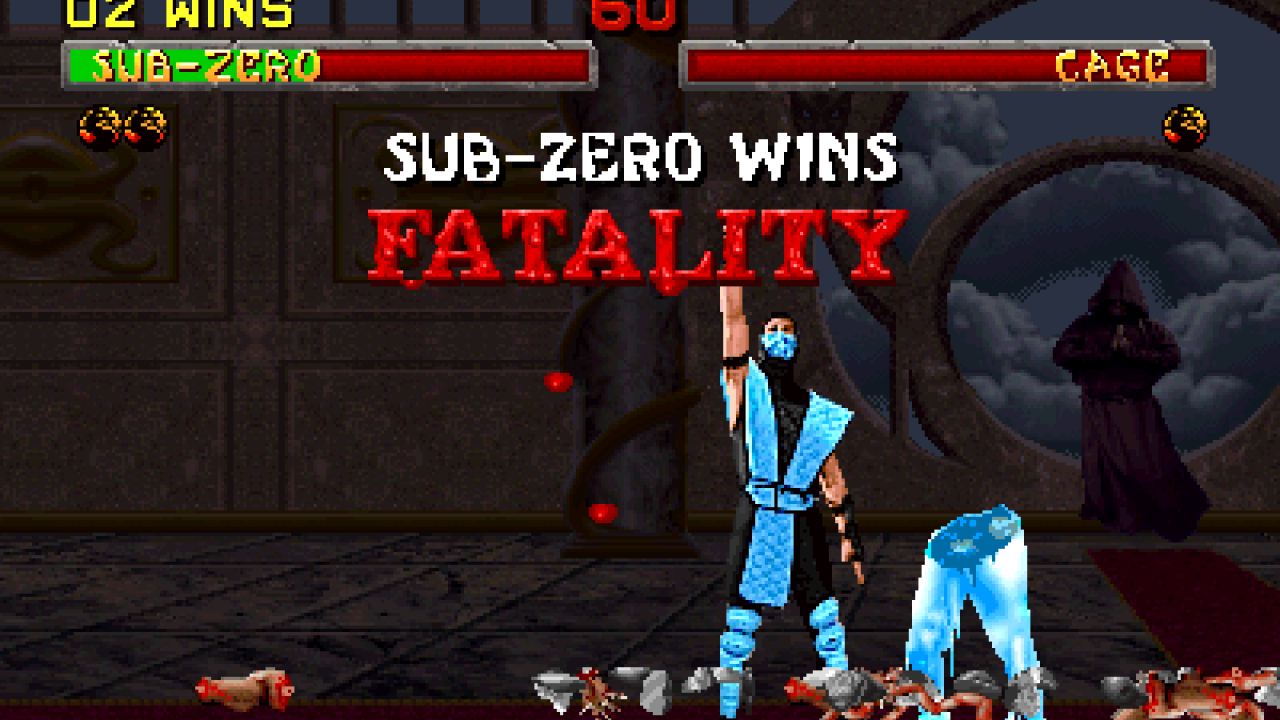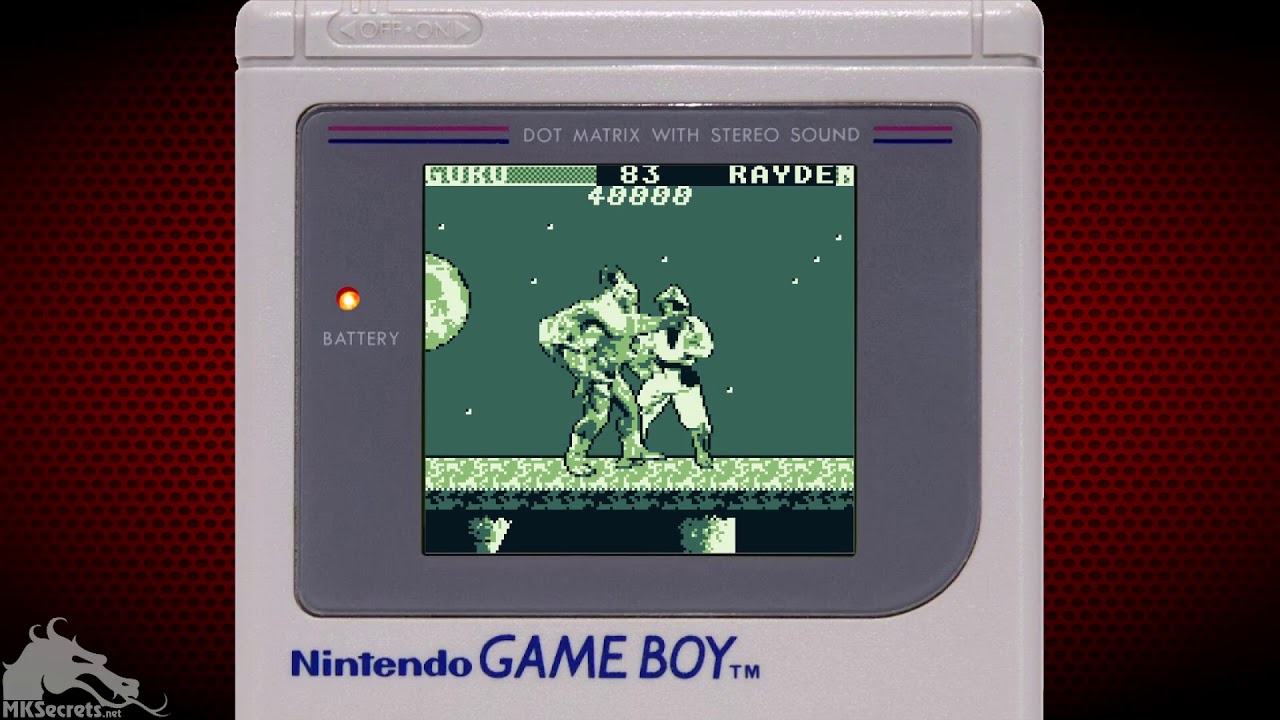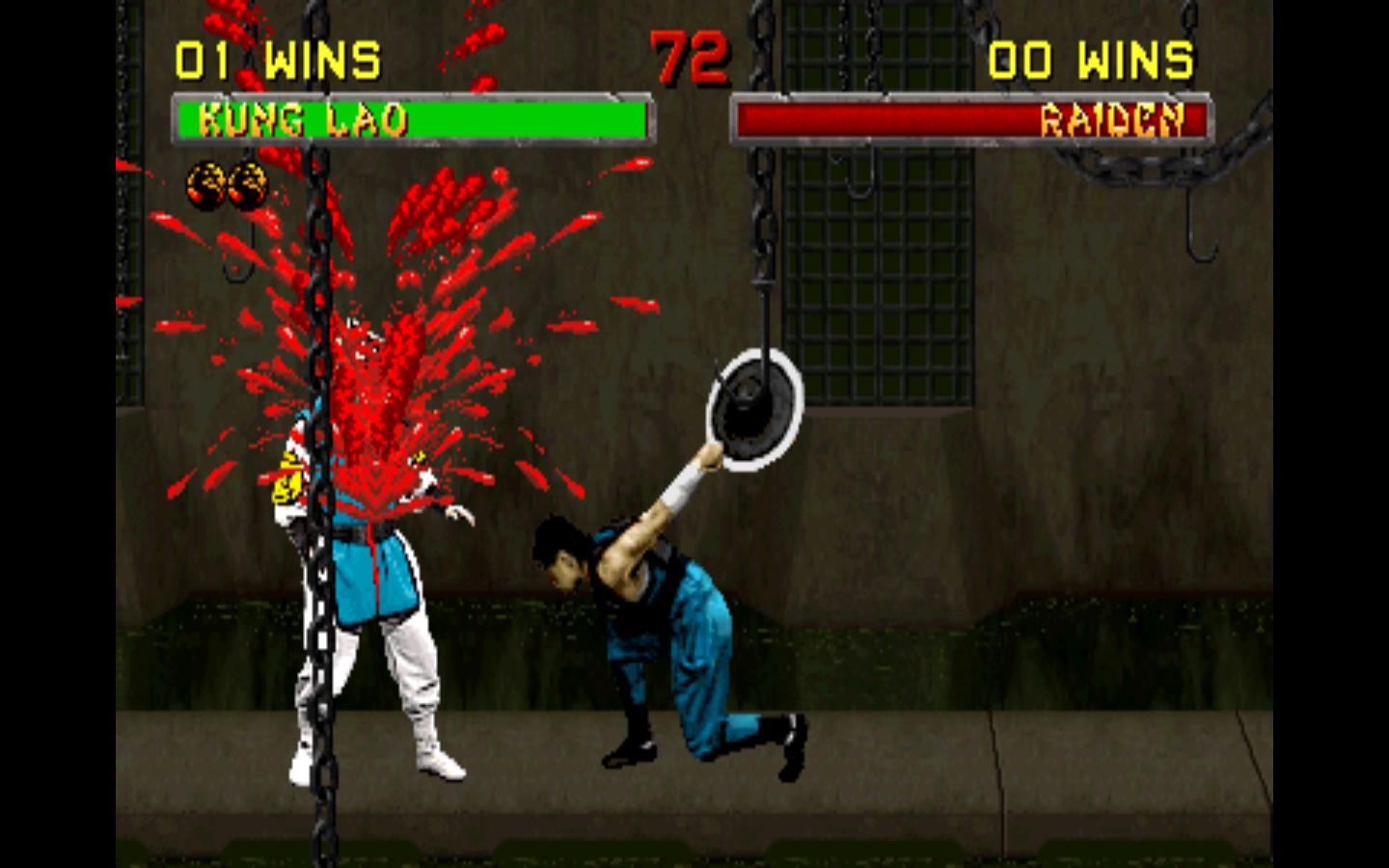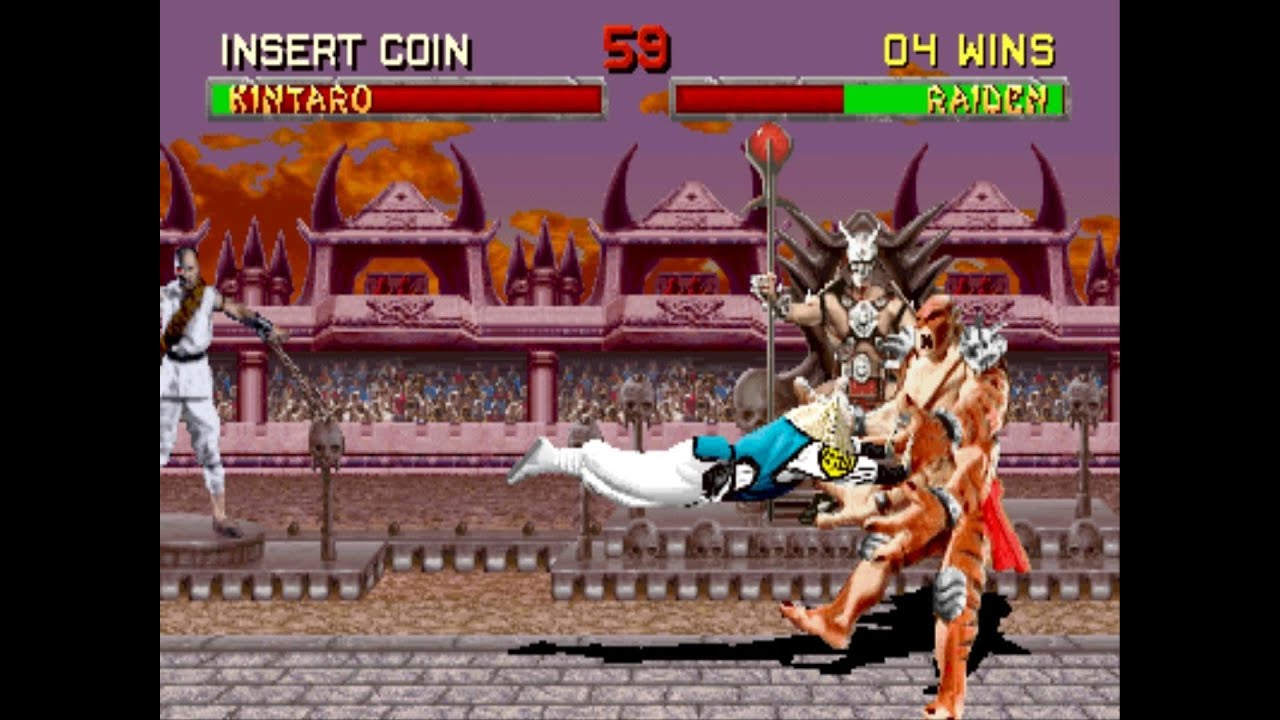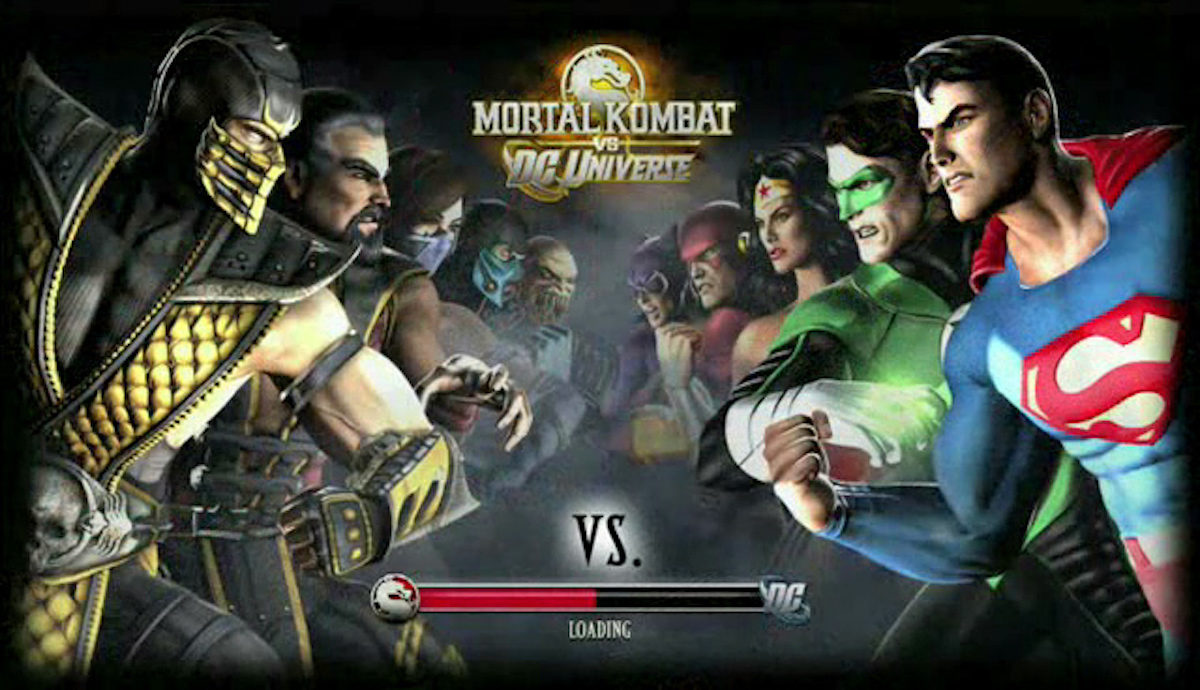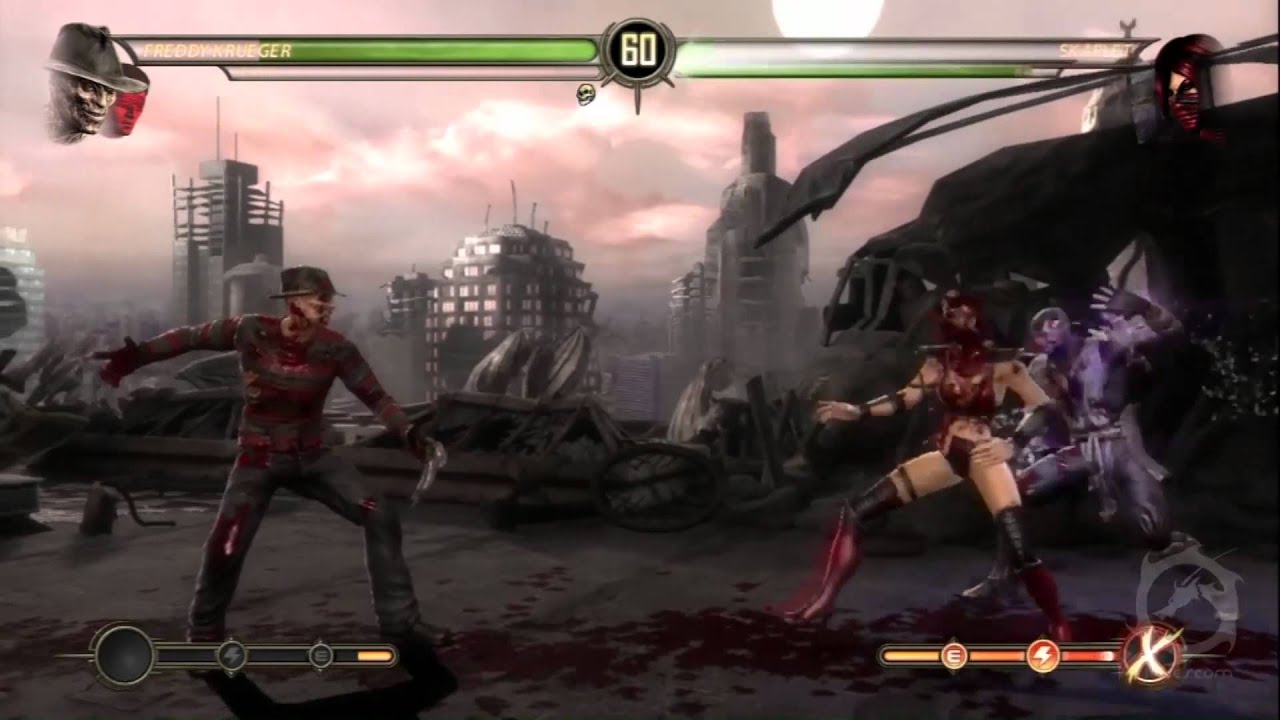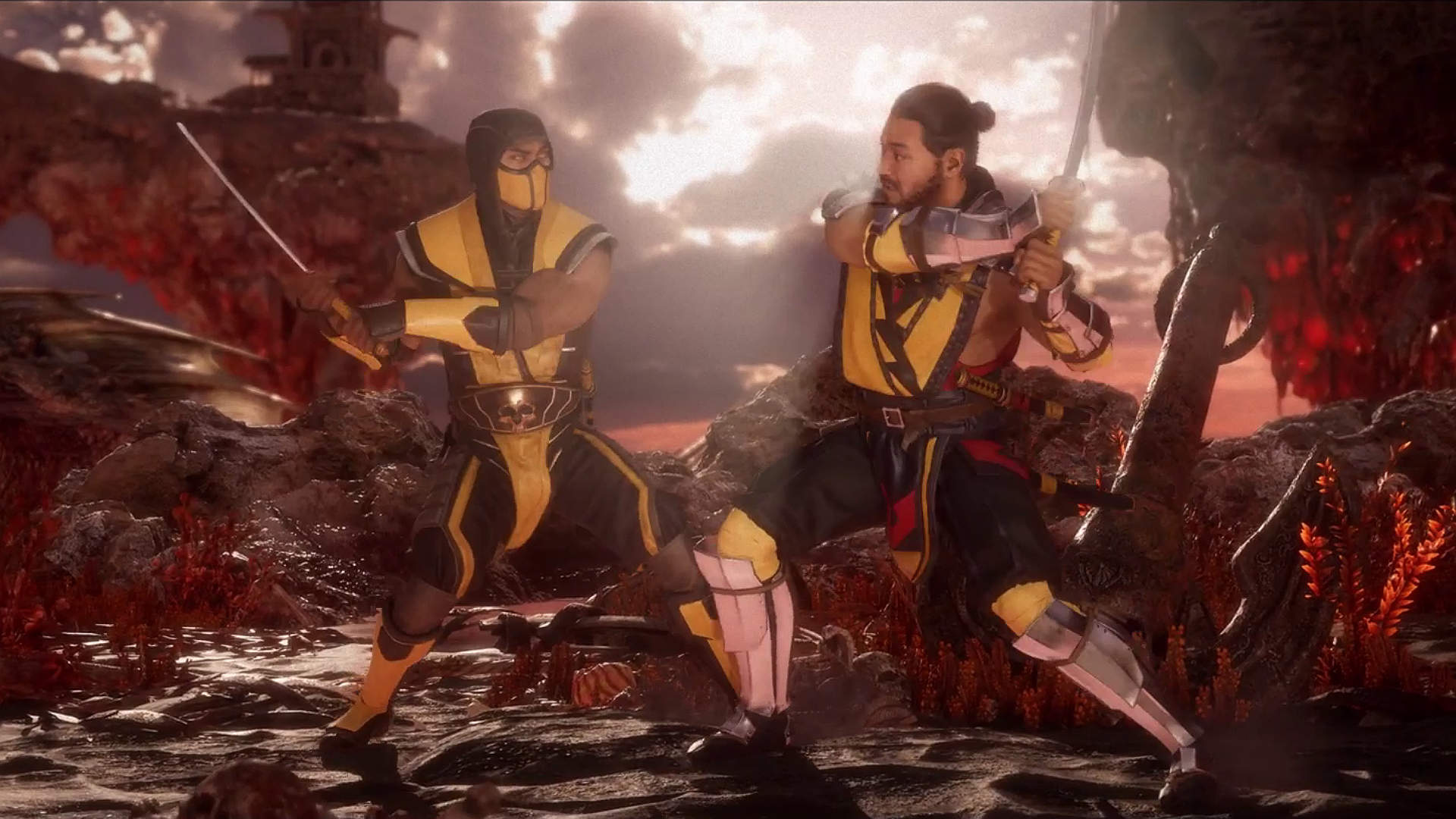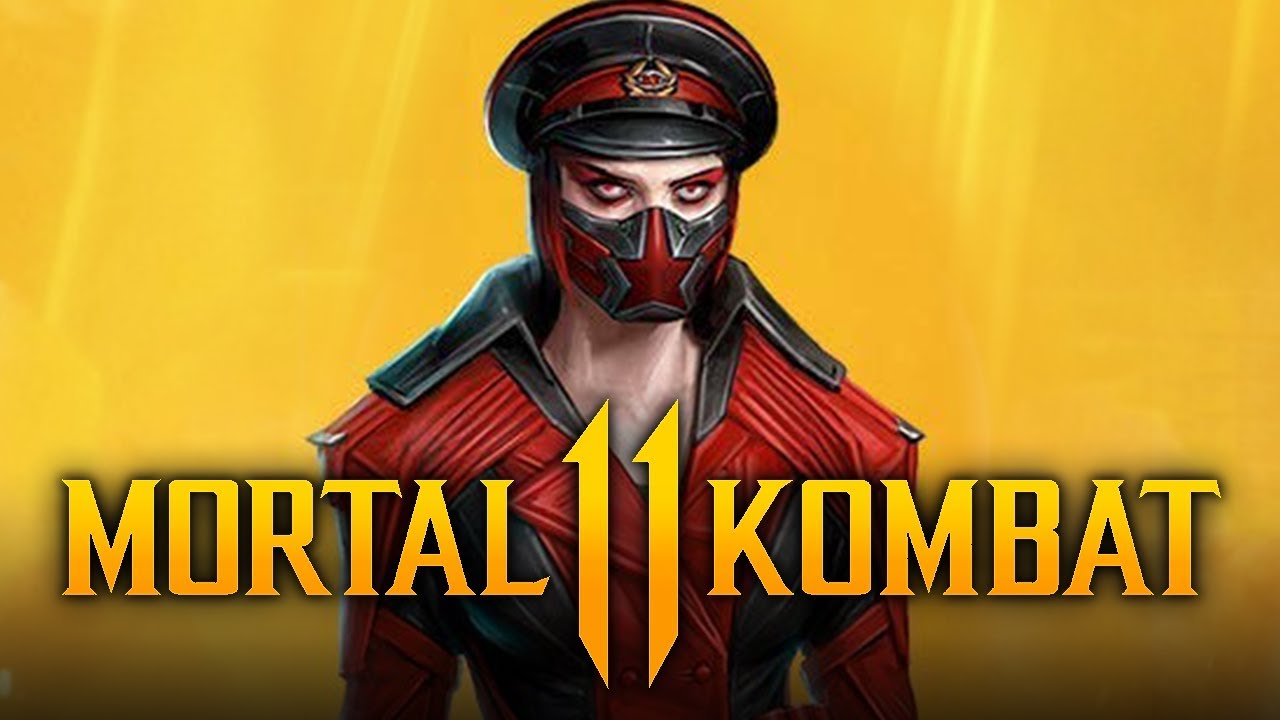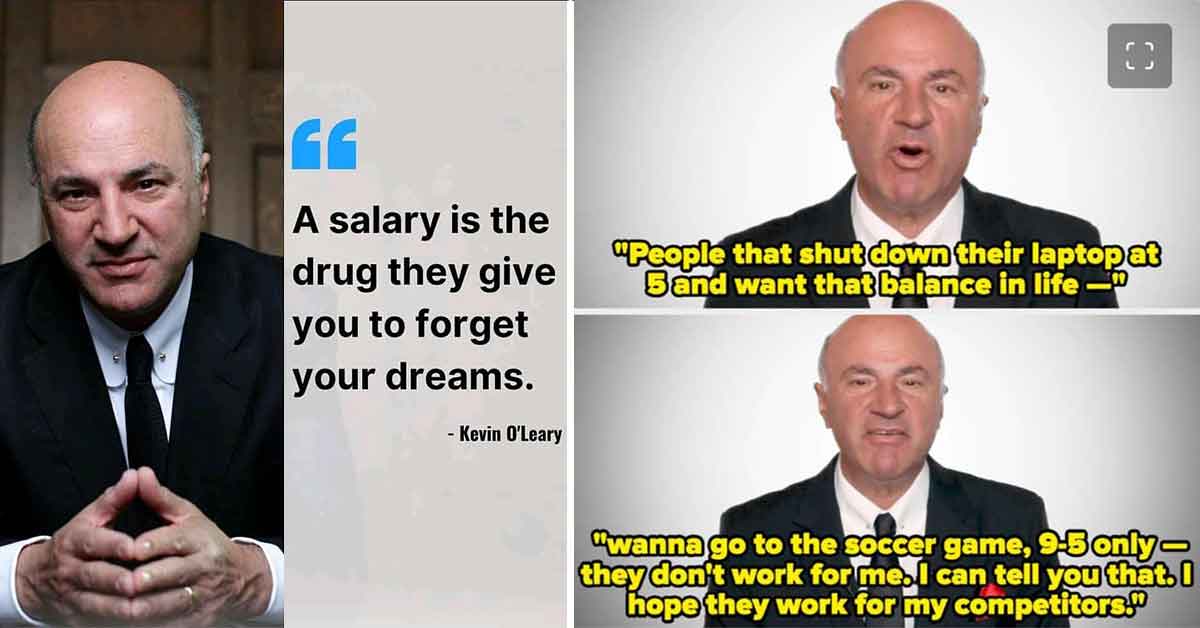Cancelled Canon: Ten Times Mortal Kombat Angered Censors
Mortal Kombat is one of the most controversial video game franchises of all time. The controversy surrounding this mess of a film helped create...
Published 4 years ago in Facepalm
And before you go, check out: New Mortal Kombat Character Movie Posters Released
1
It is no secret that Mortal Kombat was censored when it hit the SNES. One of the big changes was blood being recolored on the SNES. All that red stuff was turned black on the SNES, resulting in a lot of the gory fun of the franchise to be toned down, if not entirely erased. It’s been argued that the “blood” was turned into gray “sweat,” which, rather than puddle under beaten fighters, just disappears into the air.
2
While the Sega Genesis version appeared to be bloodless, players had a workaround censors critical of Mortal Kombat. The blood could be turned on through the infamous “Blood Code.” However, that doesn’t mean that the game was as gory as the arcade port. Sega established that the Stage Fatality spikes be tamed for the console release, with the spikes’ signature dried blood being removed, leaving clean spikes. It’s a minor point, but a point pushed nonetheless.
3
Mortal Kombat gained infamy in arcades for their grotesque fatalities. This stand-out element to the fighting game would ultimately be removed in the SNES game, however, which renamed “Fatalities” into “Finishing Moves.” Essentially, they were bloodless versions of the fatalities, which often lacked the flash and intensity of their arcade counterpart. Sega Genesis’s version had the Fatalities, which made it the superior version for many players.
4
People often forget that Mortal Kombat came out for the Gameboy as well. This port definitely toned down a lot of MK’s more complicated elements, from its gameplay to its character sprites. Another factor? Gore and violence. If Nintendo toned MK down for its SNES release, Mortal Kombat on the Gameboy became the most pacified, sanitized iteration possible for Mortal Kombat.
5
Mortal Kombat proved so incredibly violent that the United States Congress took the entire matter surrounding MK to court. Was MK a dangerous influence on children? Did it glorify brutal violence? Was it morally right to allow video games to be sold in stores without a rating system? The ramifications of these hearings are being felt to this very day, as it established the creation of the ESRB Rating System in America, along with similar systems elsewhere.
6
Of course, the United States was far from the only country that wanted to remove Mortal Kombat from shelves. Germany actually took copies of Mortal Kombat II upon release – even if you paid money for it. Germany's Federal Department for Media Harmful to Young Persons deemed the game a dangerous influence upon the children of the country. The ban on Mortal Kombat lasted until 2005, which meant that copies of MK II were held in German custody for a decade!
7
Of course, not all the controversies surrounding Mortal Kombat were true censorship. Oftentimes, the games early in development found themselves running into creative quagmires. When Mortal Kombat vs. the DC Universe came out, the studio couldn’t incorporate MK’s usual brand of violence and gore when dealing with the likes of Superman and Batman. While the developers could use the DC intellectual properties, they couldn’t, say, rip out Superman’s heart. Them working within DC’s guidelines resulted in a toned-down fighting system: bloodless combat and “Heroic Finishes” instead of Fatalities. It's the only mainline T-Rated Mortal Kombat game.
8
Mortal Kombat naturally didn’t stop being controversial, even into the 2000s. 2011’s Mortal Kombat ended up bringing the violence to startling new levels of realism. The 2011 reboot was banned in multiple countries – Australia, South Korea, and parts of Germany, specifically. Even advertising for this game was considered public indecency in some parts of the world. It took until 2013 for Australia to allow the game to be published in Australia.
9
Mortal Kombat 11, the newest game in the franchise, has met with tons of bans all around the world. China refuses to publish the newest entry in the series, though its reasons for this are unclear. China restricts tons of game releases in the country, so it is uncertain what parts they found objectionable. China hates time travel, ghosts, excess violence, resistance to authority, among other things in their media. Joker, for example, was banned from China. It’s likely Chinese censors just looked at the whole game and went “Nah, we don’t want any of that.”
10
Mortal Kombat 11 was also going to be released in Indonesia, Japan, and Ukraine, only for those releases to be canceled. While Japan’s reason for not releasing the game is less clear, Indonesia has a ban on Communist symbols, while Ukraine has a ban on Nazi imagery. The allusions to both in Mortal Kombat 11 resulted in both countries refusing to distribute the game. Ultimately, even into the modern era, Mortal Kombat remains a highly controversial game.

